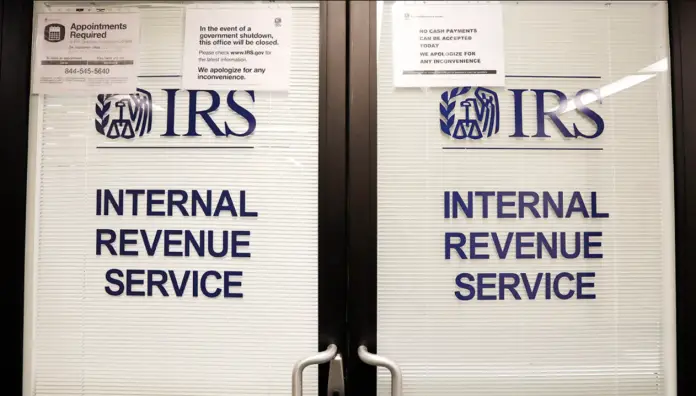Note: This is for general interest information only and cannot be considered financial, tax, or legal advice. If you want to get tax, legal or financial advice, contact a certified professional.
Taxes aren’t a topic we want to deal with on a daily basis. I mean, taxes are certainly important, but it’s still a very confusing topic for many people, especially if you’re not involved in the finance industry.
As a result, there are various misconceptions about how long the IRS is collecting back taxes. Some people believe that if they owe IRS taxes, it will continue until they pay the debt in full, regardless of the time that has passed since the debt was incurred.
The good news is this is not always true and in this article, I will give you the details.
There is such a thing as a collection statute expiration date (CSED), which sets a limit of 10 years for collecting taxes from the time the delinquent taxes are assessed. Although, even this statute has exceptions. However, in most cases, many people get relief from tax debts owed to the IRS.
Still, it’s important for you to know that the closer the deadline comes, the more proactive the IRS will be to get a tax levy. This means that you have to be careful about what type of installment agreement you choose.
I don’t recommend acting on your own in these situations, because if you are inexperienced, there is a high chance that you will make a mistake. It is better to find an experienced certified tax resolution specialist (CTRS) to get the best solution to your problem.
How long is the IRS collections period
As I said, under the collection statute expiration date (CSED), the collection period is usually 10 years (although there may be exceptions).
It begins on the date of the last assessment, the date the form was filed and signed, or if you didn’t file the form, the start count for collection statute expiration date will be the date stated in the owe assessment document sent to you by IRS.
Can the IRS collections period last more than 10 years
Yes, this period can last more than 10 years. Including if you filed for bankruptcy and the court issued an order that prohibits you from taking measures to collect taxes. In this case, the stay will last for the entire duration of the bankruptcy proceedings + another six months.
The second case is if the IRS is considering a compromise offer or installment plan. Also, if you have lived outside the U.S. for more than six months in a row, the collection period will also not resume until you return to the U.S.
Either way, you need to contact a reliable CTRS to get more detailed advice on this issue.






